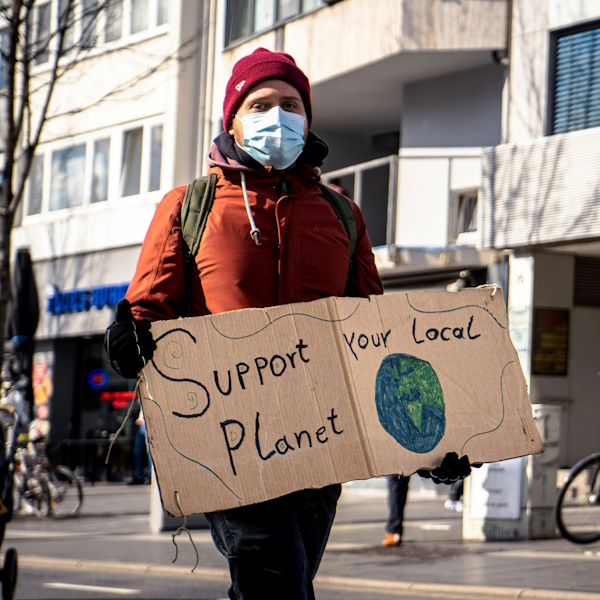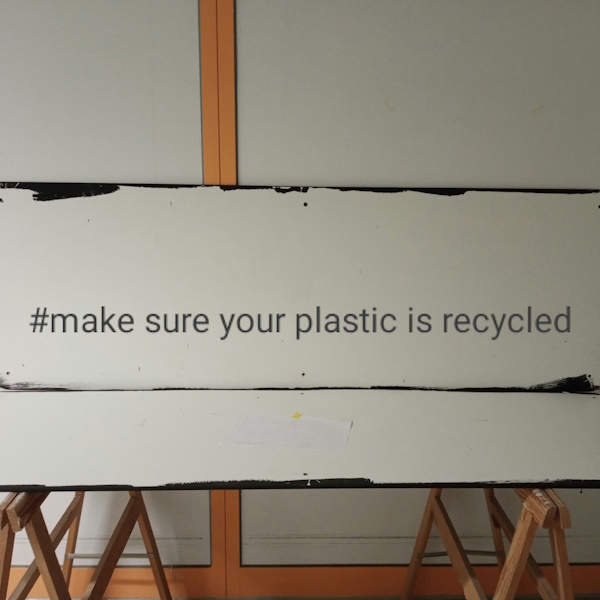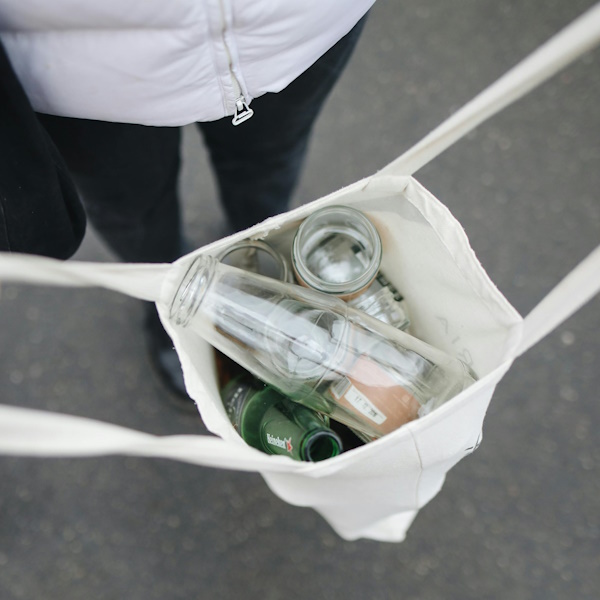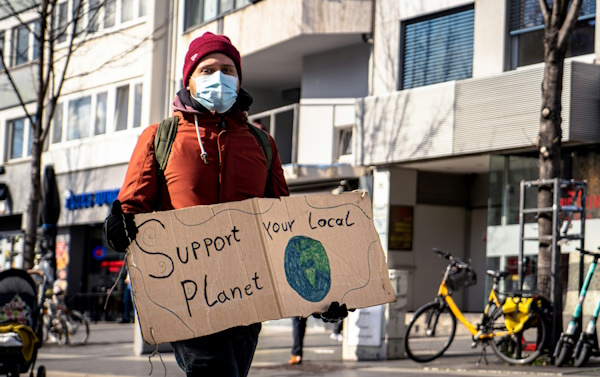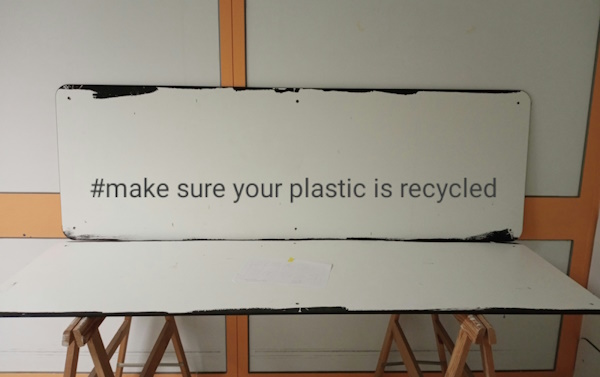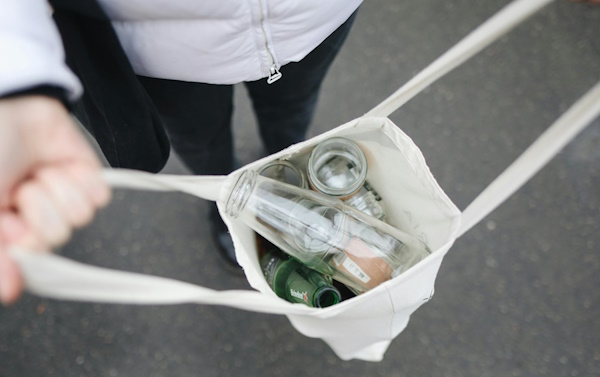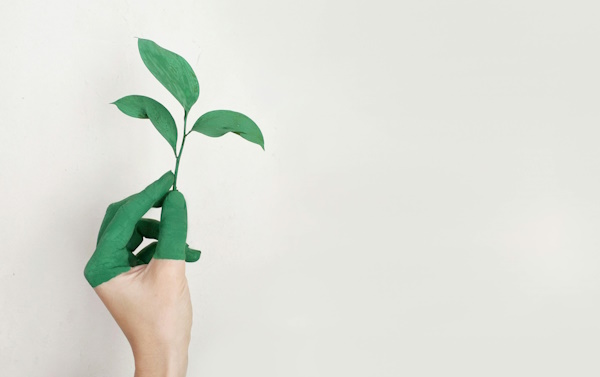Top Tricks for Plastic-Free Shopping: Save Money & the Planet
In today's world, where sustainability is more than just a buzzword, plastic-free shopping isn't just a trend—it's a movement. You're probably looking for ways to reduce your carbon footprint and make a positive impact on the environment. And guess what? Ditching plastic is a fantastic place to start.
Navigating the aisles of your local grocery store or browsing online shops for plastic-free options can seem daunting at first. But don't worry, you're not alone in this journey. With a little know-how and some simple swaps, you'll be on your way to a greener, cleaner shopping experience in no time. Let's dive into the world of plastic-free shopping and discover how easy and rewarding it can be.
What is Plastic-Free Shopping?
Plastic-free shopping is a method of purchasing goods without the use of plastic materials, especially single-use plastics, which are known for their detrimental impact on the environment. As you embark on this journey, it's crucial to understand that plastic-free shopping isn't just about avoiding plastic bags at checkout. It encompasses choosing products that are free from plastic packaging altogether, from fruits and vegetables to personal care items and beyond.
Why is it important? Plastic waste has become a pressing global issue, with millions of tons ending up in our oceans and landfills each year. By opting for plastic-free options, you're not only reducing your personal carbon footprint but also contributing to a larger movement towards sustainability and environmental protection.
Here are some tips to get you started:
- Bring Your Own Containers (BYOC): Whether it's for bulk goods, produce, or even take-out food, having your own containers can drastically reduce your reliance on single-use plastics.
- Choose Loose Produce: Opt for fruits and vegetables that are not pre-packaged in plastic. Not only does this reduce waste, but it often allows you to pick fresher options.
- Seek Out Plastic-Free Shops: More businesses are catering to the demand for sustainable options. Look for local stores or online platforms that specialize in plastic-free goods.
Transitioning to plastic-free shopping requires a shift in mindset and habits. However, with growing awareness and community support, finding plastic-free options has become more accessible. Remember, every small swap counts and brings you one step closer to a sustainable lifestyle.
While plastic-free shopping may require a bit of effort and planning initially, the environmental benefits and the positive impact you'll make are undoubtedly worth it.
Why is Plastic-Free Shopping Important?
Plastic waste remains one of the most pressing environmental issues of our time. It's not just about the unsightly litter; the implications are much broader and more severe. When you choose plastic-free shopping, you're not just opting for a personal lifestyle change; you're contributing to a global movement towards sustainability. Here's why it matters:
First, plastic production is a major contributor to carbon emissions. By reducing your plastic consumption, you're directly reducing your carbon footprint. It's a simple equation but with profound impacts. Reducing plastic use can lead to a significant decrease in the demand for new plastic, which in turn discourages the continuation of its production at current levels.
Second, plastic pollution has a devastating effect on wildlife, particularly marine life. Every year, countless animals suffer or die due to ingestion or entanglement in plastic debris. By choosing plastic-free options, you're helping protect these creatures and maintain biodiversity. It's a step towards coexisting with our environment rather than harming it.
Moreover, plastic does not biodegrade; it breaks down into microplastics, which infiltrate every corner of the globe, including the food chain. The health implications for humans are still being studied, but early research suggests potential links to various health problems. Opting for plastic-free shopping reduces these risks, safeguarding not just the planet but your health as well.
Lastly, the shift towards plastic-free shopping pushes manufacturers and retailers to think innovatively about packaging and product delivery. This can lead to more sustainable practices industry-wide, further amplifying the positive impact of your choices.
Transitioning to plastic-free shopping might seem daunting, but its importance cannot be overstated. Whether it's for the planet, for wildlife, or for your own health, the reasons to make this shift are compelling and crucial.
Benefits of Plastic-Free Shopping
When you choose plastic-free shopping, you're not just making a statement; you're contributing to a healthier planet. Reducing plastic waste is a critical step in tackling the global challenge of pollution, and plastic-free shopping offers a direct path to achieving this goal. By opting for alternatives to plastic, you're reducing the demand for a material that takes hundreds of years to decompose, thus minimizing your carbon footprint.
Key Advantages
- Decreased Pollution: Every plastic-free item you purchase means one less piece of plastic that could end up in oceans or landfills. Plastic pollution is a grave threat to marine life, with hundreds of species affected by ingestion or entanglement. By choosing plastic-free, you prevent potential harm to wildlife.
- Health Benefits: Plastic products, especially those used for food storage, can leach harmful chemicals. By switching to glass, metal, or other safer alternatives, you protect your health by reducing exposure to these substances.
- Sustainability: Plastic-free products often come with minimal packaging, or none at all. This not only reduces waste but encourages manufacturers to adopt more eco-friendly practices. Sustainable production methods associated with plastic-free items typically have a smaller environmental footprint, further benefiting the planet.
Embracing the Change
Transitioning to plastic-free shopping might seem daunting at first, but it's a powerful tool for environmental conservation. Start small by replacing plastic bags with reusable ones and gradually incorporate more changes. Remember, each plastic-free choice you make has a ripple effect, pushing more retailers and manufacturers towards sustainability.
| Impact Area | Benefit |
|---|---|
| Environmental | Reduces demand for plastic, decreasing pollution and waste. |
| Wildlife Protection | Minimizes harm to marine and other wildlife. |
| Health & Safety | Lowers exposure to harmful chemicals. |
| Economic Sustainability | Encourages the adoption of eco-friendly manufacturing practices. |
By embracing plastic-free shopping, you're part of a growing movement towards a sustainable future. It's a lifestyle change that offers profound benefits for the planet, wildlife, and your own well-being.
Tips for Plastic-Free Shopping
Embarking on a plastic-free shopping journey may seem daunting at first, but with some preparation and mindfulness, you'll find it's not only manageable but also rewarding. Here are some essential tips to help you get started.
Bring Your Own Bags and Containers: One of the simplest yet most effective steps is to bring your own reusable shopping bags, produce bags, and containers. Opt for those made of natural fibers or recycled materials. By doing this, you're not only reducing plastic waste but also setting a precedent for other shoppers.
Choose Bulk Buying: Many stores offer bulk sections where you can purchase items like grains, nuts, pasta, and even spices without packaging. Utilize your own containers to store these bulk items. This not only cuts down on plastic packaging but also saves money in the long run.
Shop at Farmers' Markets and Local Shops: Local produce often comes with less packaging, especially plastic. Farmers' markets are a goldmine for fresh, unpackaged produce, plus you're supporting local farmers and the local economy.
Be Mindful of Product Packaging: When shopping, always opt for products with minimal or no packaging. If packaging is unavoidable, choose items packaged in recyclable or biodegradable materials.
DIY Where Possible: Consider making some products at home, such as cleaners or personal care items. This approach greatly reduces the need for plastic packaging and gives you control over the ingredients used.
Adopting a plastic-free shopping habit isn't just about changing how you shop; it's about changing your perspective on consumerism and the impact of your choices. Each plastic-free decision you make is a step towards a more sustainable world. Remember, change starts with you.
Plastic-Free Packaging Options
As you dive deeper into the journey of plastic-free shopping, exploring various packaging options becomes essential. Embracing alternatives to plastic not only aligns with environmental sustainability but also often leads to healthier choices for you and your family. Let's explore some of the most effective plastic-free packaging options available.
Glass Containers and Jars are a fantastic way to store food. Glass is non-toxic, does not degrade over time, and can be infinitely recycled without loss of quality. Whether you’re storing leftovers, bulk grains, or homemade sauces, glass containers come in a variety of sizes to fit your needs. Transitioning to glass means you're investing in a solution that's both durable and environmentally friendly.
Stainless Steel offers unparalleled durability and is an excellent choice for on-the-go meals and beverages. Stainless steel containers, water bottles, and straws are not only reusable and recyclable but also resistant to rust, making them a long-term companion in your quest for a plastic-free lifestyle.
Cotton and Canvas Bags have gained popularity for their versatility and eco-friendliness. Perfect for carrying fresh produce and bulk items, these bags are washable and reusable, significantly reducing the need for single-use plastic bags. Plus, they’re lightweight and can easily fold up, making them convenient to carry for any unplanned shopping trips.
Beeswax Wraps are a natural alternative to cling films and plastic bags. Made from a combination of cotton, beeswax, tree resin, and jojoba oil, these wraps are biodegradable and compostable. They’re ideal for wrapping sandwiches, cheese, fruits, and covering bowls. The warmth of your hands softens the beeswax, allowing it to mold and stick, creating a seal that keeps food fresh.
Adopting these plastic-free packaging options not only significantly reduces your environmental footprint but also propels you towards a more sustainable and health-conscious lifestyle. Remember, every small switch counts in making a big difference. Keep exploring and experimenting with plastic-free choices that work best for you and your family.
Conclusion
Embarking on a plastic-free shopping journey might seem daunting at first, but it's a profoundly impactful choice for both the planet and your well-being. By adopting the strategies you've learned, like using reusable bags and containers, and choosing bulk and package-free options, you're taking significant steps toward a more sustainable lifestyle. Remember, every plastic-free choice you make counts. Whether it's opting for a glass jar over a plastic bottle or supporting local markets, these actions add up to create a meaningful difference. Keep pushing the boundaries of what you can do to minimize waste and remember that your efforts are contributing to a cleaner, healthier world for generations to come. Stay curious, stay inspired, and let your plastic-free journey evolve with you.

